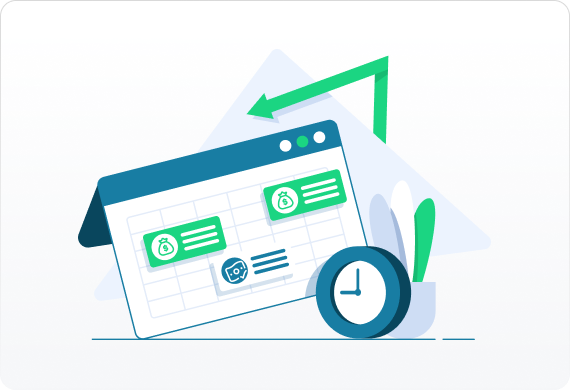Despite their best intentions, small business owners may find themselves facing the possibility of defaulting on a small business loan. Unexpected catastrophes such as a flooded kitchen, or delayed inventory shipments, could impact your business negatively and leave you unable to make payments. A dissatisfied customer could file a lawsuit and bury you under legal fees.
Business owners who had every intention of repaying a small business loan can easily fall behind on payments and eventually default. If you’re considering default, you’re probably wondering what happens if you don’t repay a business loan.






